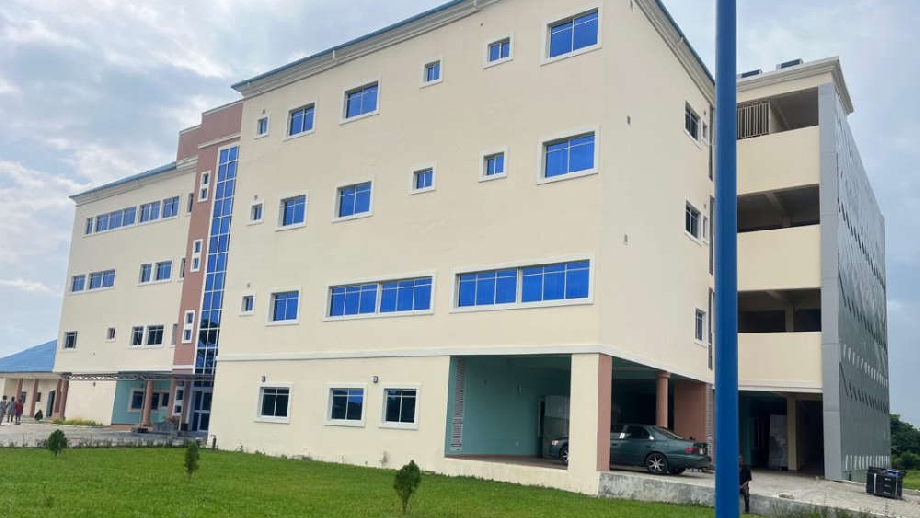
When a young mother in Ahoada discovered she was HIV-positive shortly after giving birth, her life changed drastically. Soon after, her baby also tested positive.
"I cried the day I noticed,” she recalled in Pidgin. “When I come to collect the drugs, I dey cry. They would tell me make I give her the drugs, and me I should take my own, make I no miss am any day. Now my husband no get work, me too I don’t have anything to do. When they call me sometimes I need to come, but because of transport, I miss. When the drugs finish I don’t take any again, until I get money for transport before I come.”
Another woman shared a similar story. Her child was diagnosed HIV-positive before she knew her own status. Her child had fallen very ill, and tests showed the infection. “I didn’t know I was sick too,” she said. She also talked about how hard it is to get treatment in rural areas. “Sometimes we cannot come to the health centre to pick up our drugs. I wish the facility would resume sending the medications directly to our homes. That way, we won’t miss our treatment.”
These stories show a growing crisis in rural Rivers State. Many women cannot get life-saving HIV drugs because of money problems, long distances, and fewer outreach programs. According to adherence counsellor and HIV advocate Amarachi Felix, the shortage of community health workers is making the problem worse.
“From Ahoada down to Oshigbokor is ₦3,000. Going and coming is ₦6,500. I can afford my transport, what about those that don’t have anything? We normally went to communities, but now, no more going. Most of our patients do not follow up, and some of them are very ill. Each time we went there, we encouraged them, we even paid their transport. But now, since there is no support, there are a lot of losses and gaps,” Felix said. She chairs the Association of Women Living with HIV and explained that only a few community health workers are available to cover the 32 villages in the area.
Support groups are helping women cope. Beatrice Livingstone, coordinator of a local support group in Ahoada East Local Government Area, said the groups give emotional support and health education. “The support group is where we share experiences and encourage one another,” she said. She added that members have gained employment and learned how to protect their children. “For now, we are not seeing positive children among our members because of the health talks,” Livingstone said.
The message of hope is shared by 36-year-old Innocent Praise, who has lived with HIV for many years. Despite her status, all three of her daughters are HIV-negative. “The nurse on duty that day when she found out I was positive was like, ‘small girl like you, you dey waka-waka. Say, how come you go get HIV? You know say HIV dey kill?’ My mom then knew what was wrong with me. She started supporting me. I was having rashes all over my body, my hair was falling off. But as I started taking my drugs and my mother kept supporting me, buying me drugs, my dad, brother, everybody in my family started showing me love. From there I picked up and I started recovering. When I got pregnant, people even praised me, saying the pregnancy looked good on me. I registered for care and I had access to my drugs.”
But access to medication is becoming harder. Nigeria’s HIV funding from the Global Fund was cut by 11 per cent, from about $970 million to $860 million, according to a former Vice Chair of the Global Fund Country Coordinating Mechanism, Ayo Ipinmoye. This leaves a funding gap of over S100m for key health interventions targeting HIV, TB, and malaria. In January, the U.S. Government also paused foreign assistance. This caused shortages of HIV medicines and prevention services.
Rivers State has the highest number of HIV cases in Nigeria, with 208,767 people living with the virus. This is according to a new report by the National Agency for the Control of AIDS (NACA) titled, "2024 HIV Spectrum Estimates". Health workers are calling for urgent government action to restart outreach programs, maintain drug distribution, and provide transport support for women in rural areas. Until then, mothers in Ahoada and Oshigbokor face painful choices between survival and getting their treatment.


